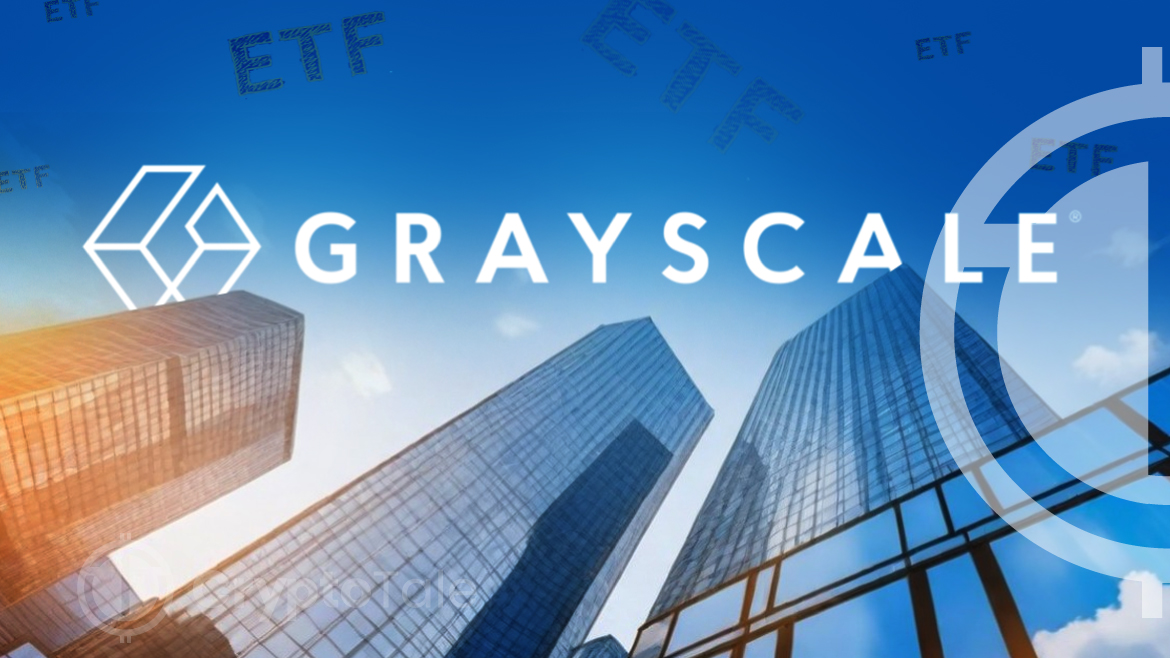- Grayscale’s Bitcoin ETF, GBTC, experienced a significant withdrawal of $79.4 million on April 18, contributing to a total of $16.46 billion in outflows.
- BlackRock’s IBIT ETF recorded the largest net inflow on the same day, totaling approximately $25.78 million, pushing its overall inflows above $15.3 billion.
- The overall market for spot Bitcoin ETFs stabilized in April, following a period of decline, with the cumulative trading volume now exceeding $215 billion.
Grayscale’s Bitcoin ETF, GBTC, saw significant outflows this week. On April 18, $79.4 million exited the fund, pushing its total outflows to $16.46 billion. This marks a broader trend of net withdrawals from spot Bitcoin ETFs, which continued for the third consecutive day across the sector.
Farside Investors previously noted that the total outflows from Bitcoin ETFs had reached $58 million on April 16, emphasizing the subdued trading activity in this market segment. Despite the pullback in Grayscale’s figures, the Ark Invests’ Bitcoin ETF ARKB also reported outflows, with $12.88 million leaving on the same day.
In contrast, the BlackRock ETF, IBIT, recorded the largest net inflow on April 18, attracting about $25.78 million. This influx brings the total inflows to IBIT above $15.3 billion, contrasting sharply with the general outflow trend.
Cumulative figures for spot Bitcoin ETFs in the U.S. remained just over $58 million as of April 18, reducing the total net inflows to these products to approximately $12.43 billion. As reported by data analytics firm SoSoValue, the ETF from Grayscale played a pivotal role in these outflows.
Meanwhile, most other spot bitcoin ETFs experienced modest inflows, ranging between $1.37 and $3.56 million. The iShares Bitcoin Trust notably led these entries with an inflow of $25.78 million.
Spot bitcoin ETF market volumes stabilized in April, following a decline from early March highs. Reportedly, total volumes exceeded $215 billion.
Moreover, the price of bitcoin has been trading above $64,300, marking an increase of more than 2.6%. The cryptocurrency community is closely watching the upcoming block-reward halving, which is expected to occur on Friday.
Amidst this, Bloomberg ETF analyst James Seyffart shed light on the frequency of zero-inflow days, indicating that they are not uncommon and do not necessarily reflect poorly on the ETFs. He explained that ETF shares are adjusted in batches known as “creation units,” necessary to correct substantial supply-demand imbalances in the market. These units can range from 5,000 to 50,000 shares, depending on the ETF.






